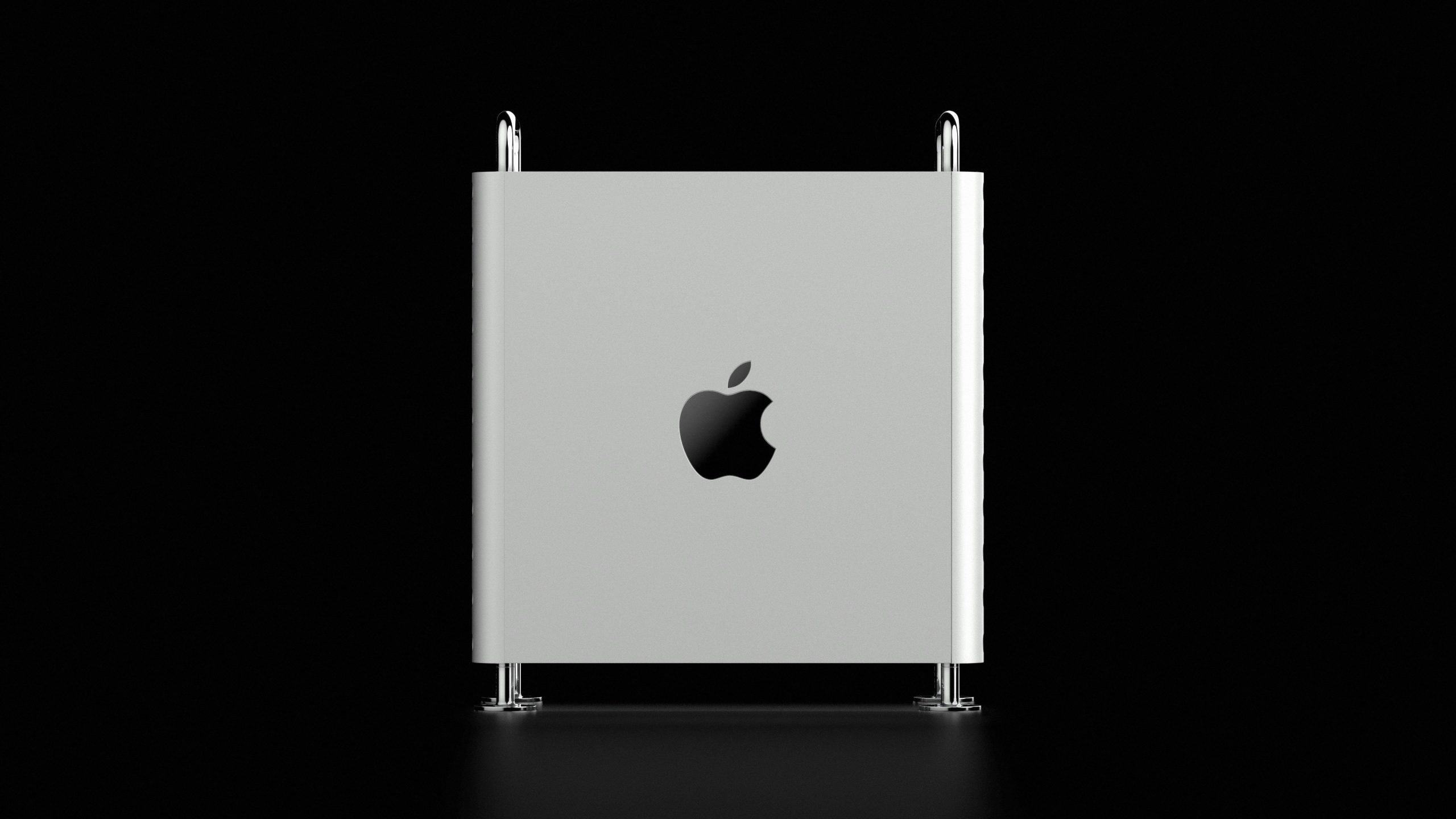I’m building the tools that will likely make me obsolete. And I can’t stop.
The Paradox of Progress: A Developer’s Struggle with AI Advancement
As a software developer in my late 40s, I find myself caught in a fascinating yet troubling dilemma. Recently, I realized that the very tools I am designing might one day render me obsolete, and strangely enough, I can’t seem to stop building them. It’s a mix of excitement and unease that has sparked a reflection I hadn’t expected to undertake.
Yesterday, I assigned a complex task to an AI, affectionately named CLine. This wasn’t just any task; it involved accessing resources on my server, retrieving installation packages from the web, and creating scripts that would launch a local test server, all while debugging numerous issues it encountered along the way. After it completed the task with impressive efficiency, CLine even suggested building an additional, related application that hadn’t crossed my mind. The speed and quality of its work were undoubtedly superior to what I could achieve, leaving me to wonder about my own role during that time. While CLine was hard at work, I found myself making lunch, working out, and watching part of a movie—talk about a paradigm shift.
This moment of clarity revealed to me an unsettling truth: while many users view AI as merely a tool to enhance productivity or simplify daily tasks, my perspective comes with a heavier weight. Being in the tech field, I am acutely aware of the implications surrounding AI, the motivations behind its development, and the possible future outcomes. Although others see a $20 monthly subscription to ChatGPT as an essential upgrade to their lives, my understanding leads me to a deeper existential question: what happens when the creators of this technology become the spectators of their own tools?
When I attempted to discuss my concerns with my family, I encountered a mix of misunderstanding and indifference. My mother, in her late 70s, acknowledged the significance of AI but shrugged it off, saying her remaining years mattered less in the grand scheme. My teenage son, who is more concerned about using AI to compete with friends in school, simply remarked on how ‘cool’ certain AI tools are, without a hint of the potential repercussions I was wrestling with.
Online, I often see comments that dismiss the gravity of AI, referencing it as “just algorithms and predicted language” or downplaying the likelihood of AGI (Artificial General Intelligence) becoming a practical reality. While some of these may hold truth for now, I sense a crucial difference between past technological revolutions and our














Post Comment